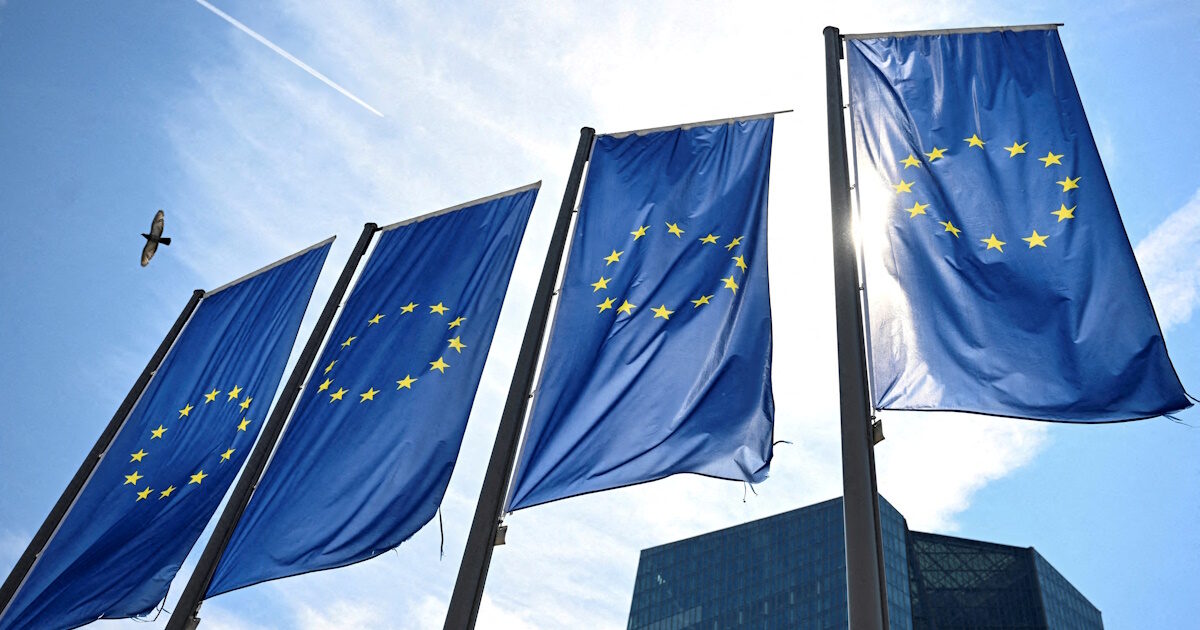In an environment of international turmoil due to the trade war that has triggered duties by US President Donald Trump, the ECB is called upon to make decisions for the interest rates next week.
The main scenario on the ECB’s table remains the new interest rates that, if eventually decided, will not in any case exceed 0.25 points, according to information from European sources.
Regarding the impact on the eurozone, the ECB is holding a stand -by from the tariff storm launched by the US president, who, at the moment, cannot be assessed as everything will be judged by the outcome of the negotiations between Europe and the US over the next 3 months.
However, the scenarios for an unfavorable development of the trade war are at the forefront of discussions at the ECB’s staff that remains on alert for any possibility.
Based on the data in the eurozone, Frankfurt and other European capitals are more concerned about developments on the growth front.
The European economy remains weak and is expected to be hit strong if the worst scenarios are confirmed on US duties. Estimates for 2025 show a 0.9%growth rate for the eurozone, a percentage that will land at even lower levels unless there is a positive outcome in the EU and the US negotiations.
However, the US president’s immediate response to 90 days for discussions following the intervention of Greek Prime Minister Kyriakos Mitsotakis for a “win-win” solution between the EU and the US on the duties front, leaves room for optimism that there can be a two-sided agreement between the two sides.
The European direction on the duty front, expressed by the Greek Prime Minister, provides for the exhaustion of all margins in negotiations on an agreement that will accept both parties. Europe is ready to negotiate before making any decision by Brussels.
Commission President Ursula von der Lennen also announced freezing for 90 days of the duty package he had announced in the previous days to give time for negotiations.
On the front of inflation, based on the data available to the ECB, the course remains downward. At the moment it does not seem to be the main issue of reflection on Frankfurt.
Evidence shows that inflation continues to decline and that within the year, if this course is not disturbed, it will reach 2% which is the ECB’s main objective. On the contrary, there is a strong concern about the course of the economy in the eurozone and especially about negative developments in the German economy.
Eurozone’s largest economy has fallen into recession in the previous two years (2023-2024) while forecasts show marginal growth this year. This parameter seems to be more burdensome on the scales of the ECB’s decisions to reduce interest rates.
Source: RES-EIA
